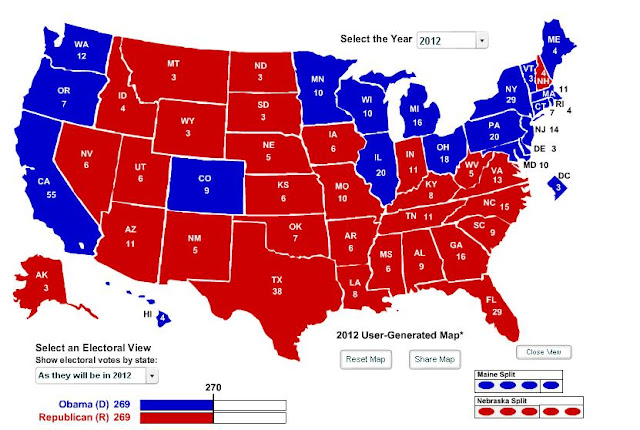These are social welfare organizations, 501(c)(4)s, like Crossroads, which is one that sprung up. It has been the top spender. It hasn't been the Republican committees or the Democratic committees. The top spender in the Senate races is a group we have no idea what it is or who is writing the checks.
We have to realize they don't even have to file anything with the government, with the IRS, until February, March, April. How many people think these organizations are going to be around after November? Really? How naive are you?
Nearly two years later, Crossroads GPS is still around, as Bloomberg reports:
It’s the quickest shorthand for understanding how Crossroads GPS, the committee inspired by Bush political strategist Karl Rove, is playing its well-financed hand in the 2012 elections — and not only the presidential race.
Crossroads is airing a TV ad in Missouri, where Democratic Claire McCaskill faces a serious challenge to her re-election in November, that opens with the question: “Obamacare? More like Obama-Claire, because Senator Claire McCaskill has voted with President Obama 90 percent of the time.”
Supporting the “New Majority Agenda,” the ad explains, requires ousting McCaskill — pictured alongside Obama at every turn of the 30-second spot. That agenda is Crossroads’ game-plan.
This is no new attack. Crossroads GPS has aired six ads in the Missouri race a total of 3,354 times, starting in July and counting through early May, according to New York-based Kantar Media’s CMAG, which monitors advertising. Four of the six ads included a picture of Obama and McCaskill together.
